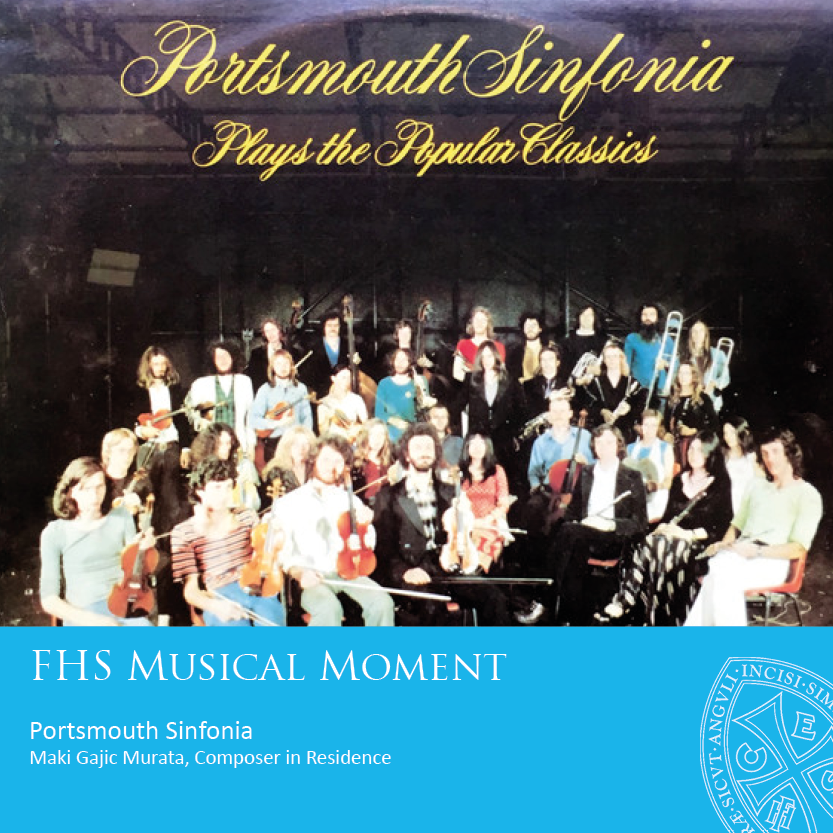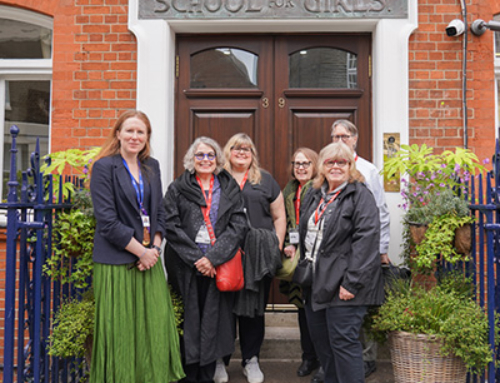The Portsmouth Sinfonia was an English orchestra founded by a group of students at the Portsmouth School of Art in 1970. The Sinfonia was open to anyone with or without musical training and people could come along and chose to play an instrument that was entirely new to them. One of the founding members was one of their teachers, English composer, Gavin Bryars, who had worked in jazz, free improvisation, minimalism, avant-garde, and experimental music.
The orchestra started as a one-off, tongue-in-cheek performance art ensemble, but soon became a cultural phenomenon over the next ten years, with concerts, record albums, a film, and a hit single.
Bryars was interested in experimenting with the nature of music, rather than forming a traditional orchestra, hence why anyone could join regardless of talent. The only rules were that everyone who came had to try their best and not intentionally play badly.
Early repertoire for the Sinfonia were well known pieces from the classical music canon, so that most players had a rough idea of what the music sounded like even if they couldn’t play accurately. Pieces included the William Tell Overture, The Blue Danube, and Also sprach Zarathustra (well-known now from 2001: Space Odyssey). In later years, the ensemble’s repertoire expanded to popular music, including rock and roll.
Many modern composers and musicians found this to be interesting and even profound, with the comedic aspects of the recordings being a bonus. Brian Eno, who is well known for his contributions to ambient and electronic music, was inspired to join the Sinfonia and played clarinet.
The Portsmouth Sinfonia ended up being invited to play the Purcell Room in the Royal Festival Hall, and then later in the Royal Albert Hall, selling thousands of tickets. Their first album, Portsmouth Sinfonia Plays the Popular Classics, was released in 1974, and the orchestra’s take on the late 1970s and early 80s vogue for pop classical medleys, Classical Muddly, in 1981, is characteristic of their sound. The single, a sped-up amalgamation of the group’s previous recordings along with a synchronised disco beat, was a top 40 hit in the UK Singles Chart.
As the years passed, the musicians eventually became accustomed to and more skilled at playing their instruments, which diminished the novelty of the group. Although the group never formally disbanded, it ceased performing in 1979.
Maki Gajic Murata, Composer in Residence














